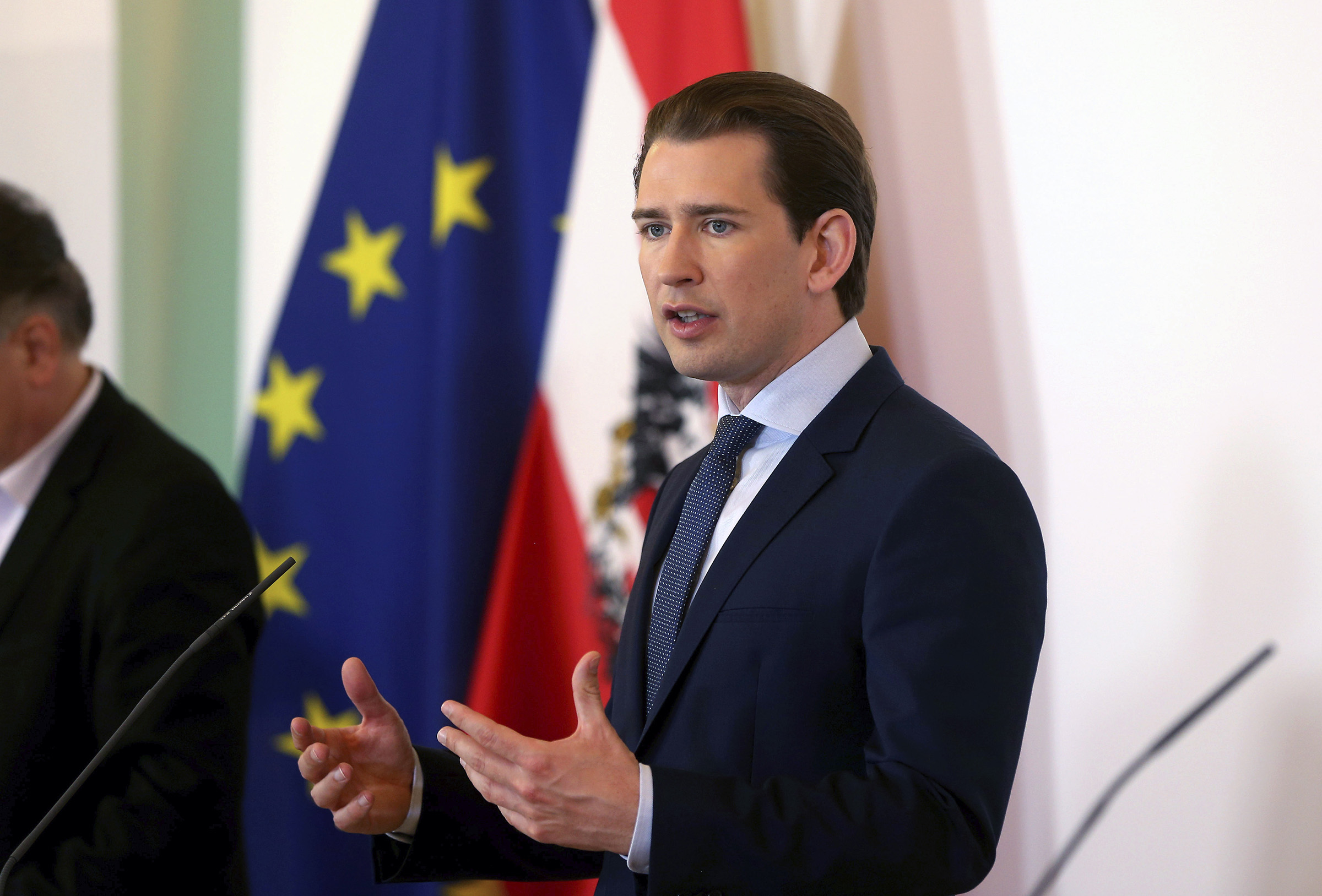
The COVID-19 crisis has been a reminder to all of us that when it comes to getting things done, pragmatism trumps ideology. Yet the public debate around climate change is often polarizing and oversimplified. We are frequently told that we face a choice between saving the economy and the environment. This is false. We can tackle climate change, transform our economies and at the same time be better off than before—in Austria, in Europe and all over the world. The required response, however, must come from the political center and not the fringes.
If we are to use this moment as an opportunity to rebuild and perhaps rethink our societies, our political leaders must together develop a narrative for a green transformation that counters the radical solutions presented by populists. We cannot afford the denial and skepticism of the far right, as it might soon be too late to prevent irrevocable harm to our climate. Equally, we should beware proposals from the far left, which, instead of fixing our system, often advocate breaking it in favor of a socialist centralized state in green disguise. We must be very clear: collectivist ideas of centralization, prohibition and paternalism have failed always. No matter where they came from ideologically, they caused social injustice, economic misery and much worse. They will not suddenly help us now.
If we want to effectively fight climate change and at the same time stay on the path of economic progress, we should build on the best model human history has seen: liberal democracy, based on a free-market economy and the rule of law. As with any societal model, we need to continuously improve it. Most of us would probably agree that economic growth is always a means to an end, never an end in itself. The end really is well-being—prosperity, health and quality of life. So, naturally, we must not let our drive for economic progress damage our well-being along the way, as we have in the past with carbon emissions and other forms of pollution.
We will not make progress by suddenly trying to change what we are doing today. We will still produce, trade and consume goods globally, and use electricity, heating and transportation individually in the foreseeable future. Instead, the key will be changing how we do things going forward—sourcing from renewable energy, building with biodegradable materials, powering our travels with synthetic fuels, reducing CO2 levels through carbon capture and other promising technologies.
The key to all of this will be innovation. And there is no better breeding ground for innovation than a free and open system that enables entrepreneurs, employees, scientists, and civil society to generate new ideas and reap their benefits. Governments need to ensure this system is embedded in a regulatory environment that incentivizes the rapid reduction in CO2 emissions and other harmful effects of consumption.
Europe can and should play a leading role in developing and exporting these innovations and thus be the driving force behind the global transition toward a green economy. We have the economic strength to bring forth global market leaders and a regulatory environment that can enforce change. On the Continent, there is broad consensus that climate change needs to be tackled now. The European leadership’s Green Deal, which offers a road map to a low-carbon economy, is an ambitious first step worth building on.
In Austria, my party’s coalition government with the Green Party has recently passed an investment package of more than €6 billion ($6.8 billion), of which a significant proportion goes into renewable energy, railway expansion, forestation and incentives for green investments. We have committed to carbon neutrality by 2040. Many other governments have made similar plans and pledges.
We must not let the fight against climate change become a partisan issue. The stakes are simply too high. In the end, success will build on contributions from each and every one of us—as countries, communities and individuals. It will be the day-to-day decisions in our politics, workplaces and personal lives that will bring lasting change. The younger generation is rightly pushing for this change to come today rather than tomorrow. We must ensure that our liberal order is ready to deliver it.
More Must-Reads from TIME
- Cybersecurity Experts Are Sounding the Alarm on DOGE
- Meet the 2025 Women of the Year
- The Harsh Truth About Disability Inclusion
- Why Do More Young Adults Have Cancer?
- Colman Domingo Leads With Radical Love
- How to Get Better at Doing Things Alone
- Michelle Zauner Stares Down the Darkness
Contact us at letters@time.com